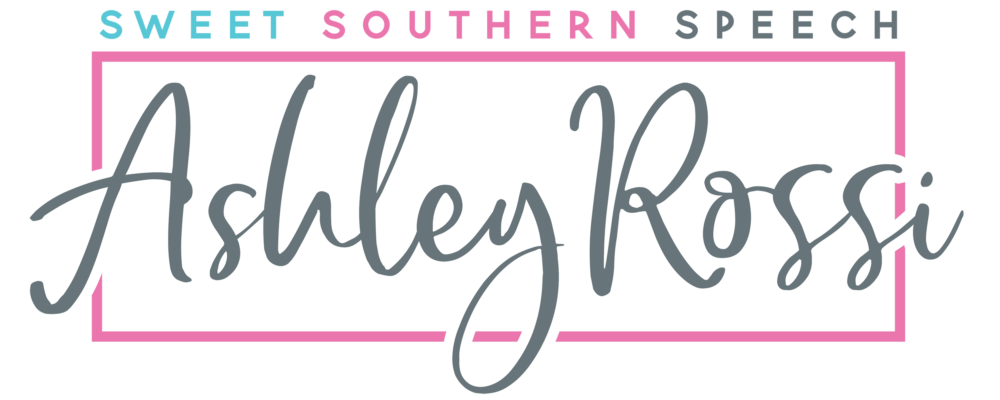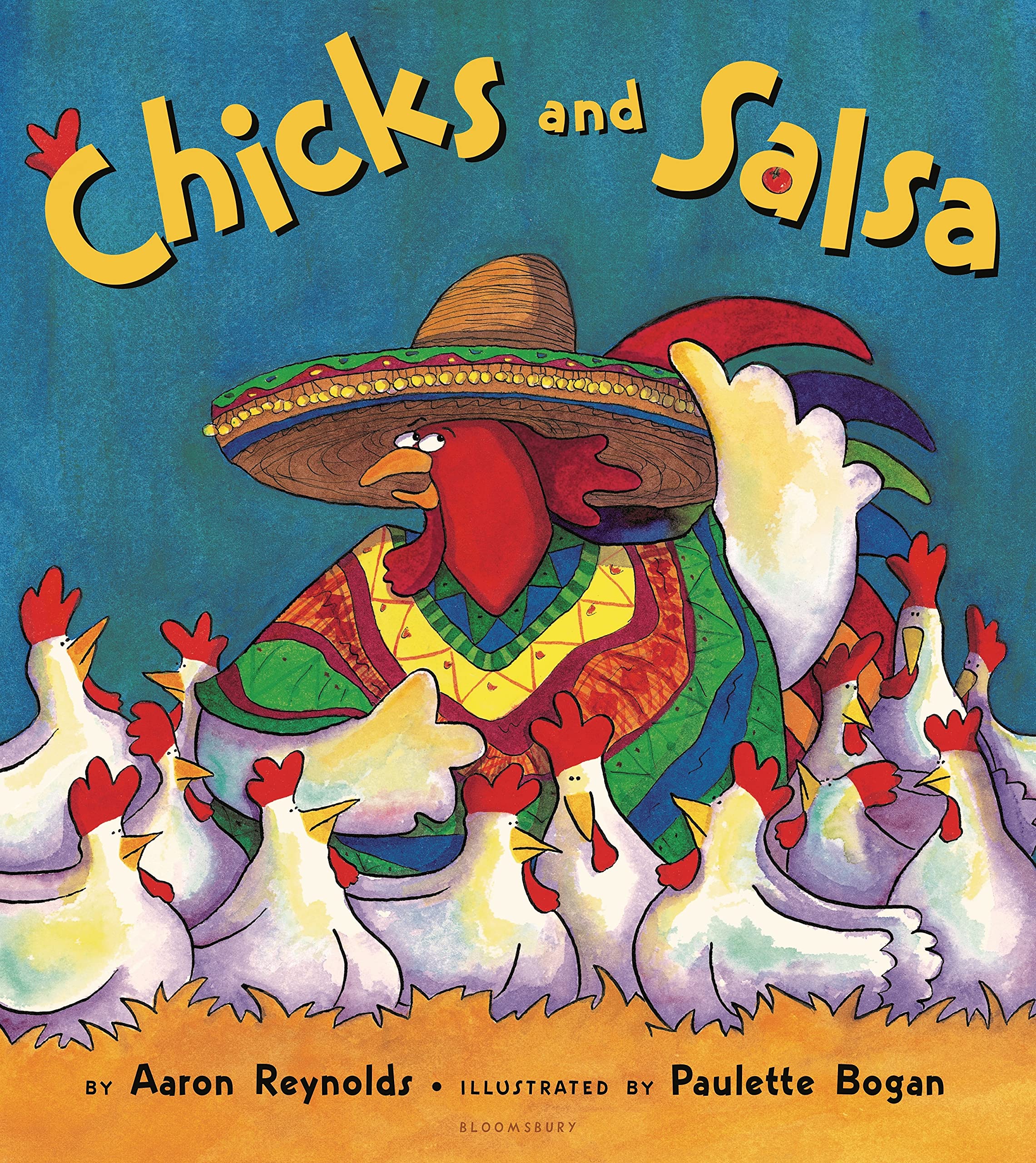With whimsical illustrations by Paulette Bogan, Aaron Reynolds has created a hilarious picture book about one rooster’s quest for culinary delight. What happens at Nuthatcher Farm when the chickens get tired of the same old chicken feed? The rooster hatches a plan, of course! With a pinch of genius, a dash of resourcefulness, and a little pilfering from the farmer’s garden, the chickens whip up a scrumptious snack of chips and salsa. When the rest of the barnyard gets a whiff of the spicy smells and want to join in, it can mean only one thing . . . FIESTA! But when the big day arrives, all their spicy southwestern supplies are gone! It seems that Mr. and Mrs. Nuthatcher have caught on to the flavor craze as well, and the only thing left for the animals to do is to try a new culinary style-ooh la la!
This fun farm book can be used in speech therapy to address sequencing, predicting, and inferencing. It is also great for targeting tasty adjectives! Discover more of the speech and language teaching concepts for using Chicks and Salsa in speech therapy below:



